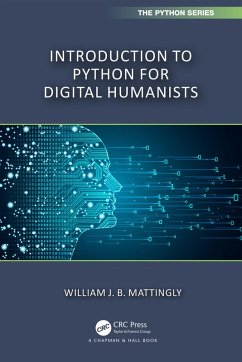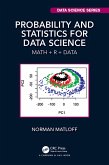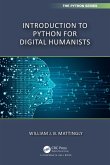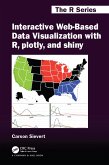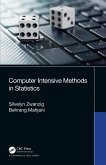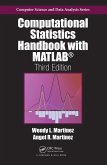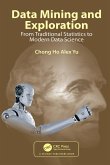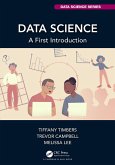This book will introduce digital humanists at all levels of education to Python. It provides background and guidance on learning the Python computer programming language. It is designed so that those experienced in Python can teach from it, and those interested in being self-taught can use it.
Dieser Download kann aus rechtlichen Gründen nur mit Rechnungsadresse in A, B, BG, CY, CZ, D, DK, EW, E, FIN, F, GR, HR, H, IRL, I, LT, L, LR, M, NL, PL, P, R, S, SLO, SK ausgeliefert werden.

